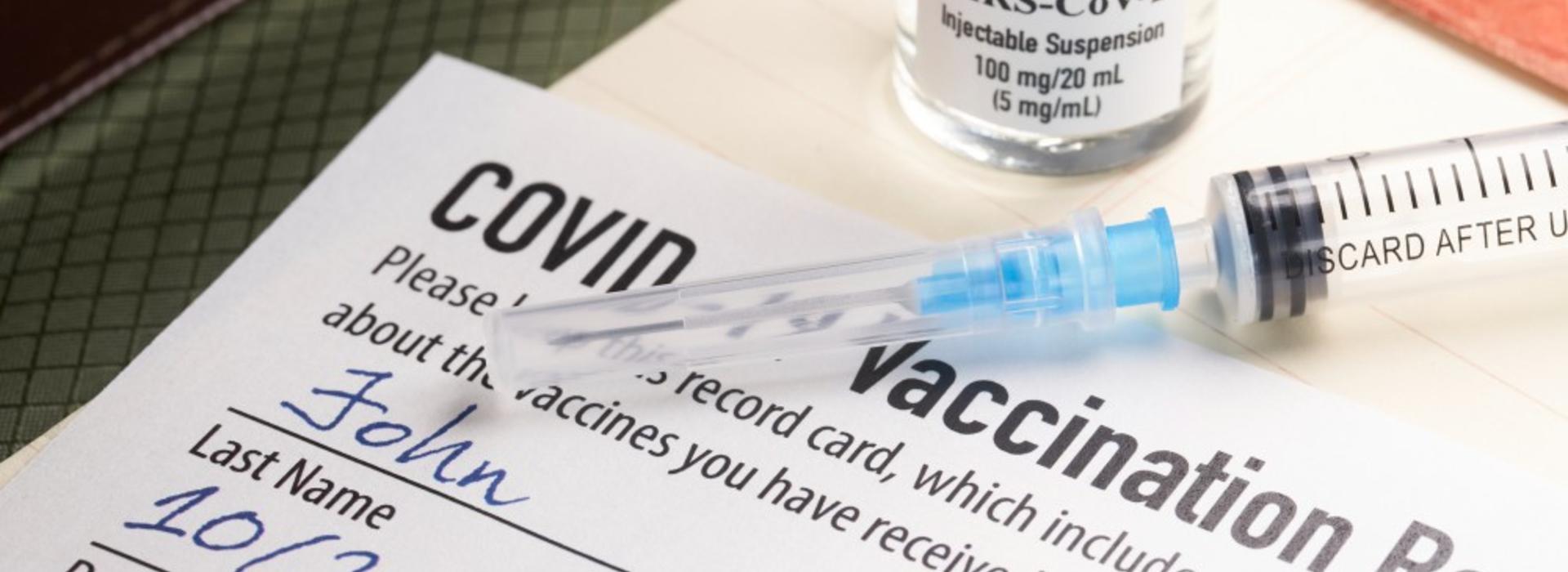
U of M-led study finds COVID-19 boosters reduce infection and hospitalizations
MINNEAPOLIS/ST. PAUL (02/15/2022) — Published in Clinical Infectious Diseases, researchers from the University of Minnesota Medical School and Minnesota EHR Consortium found that COVID-19 boosters are effective in reducing infection and hospitalizations. Specifically, boosters are more beneficial to individuals who are more than 26 weeks out from their second dose or first COVID-19 vaccine booster.
“The benefit of a booster was more evident in the elderly and those with comorbidities,” said Paul Drawz, MD, MHS, MS, lead author and a nephrologist at the U of M Medical School and M Health Fairview. “These results support the case for people receiving COVID-19 boosters.”
Conducted when Delta was the predominant variant, the study looked at electronic health records and vaccine data for mRNA boosters versus receiving the original two-doses. The research team found that, compared to unvaccinated individuals:
-
two doses of the Pfizer vaccine was 45% effective at reducing COVID-19 infections and 67% effective at reducing COVID-19 hospitalizations;
-
booster doses of the Pfizer vaccine were 88% effective at reducing COVID-19 infections and 88% effective at reducing COVID-19 hospitalizations;
-
two doses of the Moderna vaccine was 65% effective at reducing COVID-19 infections and 73% effective at reducing COVID-19 hospitalizations; and
-
booster doses of the Moderna vaccine were 91% effective at reducing COVID-19 infections and 86% effective at reducing COVID-19 hospitalizations.
“Understanding the effectiveness of boosters will help our patients and families make informed decisions about the importance of additional vaccine doses,” said Anupam Kharbanda, MD, vice president and chief of critical services at Children's Minnesota. “This is especially important as we move into a new phase of the pandemic, one where the infection continues to circulate in the community, but where we also want a return to normal activities.”
Future research will focus on the effectiveness of vaccines and boosters when omicron became the dominant strain and whether results are similar in patients with a prior infection. This work was funded by the Minnesota Department of Health.
###
About the University of Minnesota Medical School
The University of Minnesota Medical School is at the forefront of learning and discovery, transforming medical care and educating the next generation of physicians. Our graduates and faculty produce high-impact biomedical research and advance the practice of medicine. We acknowledge that the U of M Medical School, both the Twin Cities campus and Duluth campus, is located on traditional, ancestral and contemporary lands of the Dakota and the Ojibwe, and scores of other Indigenous people, and we affirm our commitment to tribal communities and their sovereignty as we seek to improve and strengthen our relations with tribal nations. For more information about the U of M Medical School, please visit med.umn.edu.
For media requests, please contact:
Kat Dodge
Medical School Communications Manager
kdodge@umn.edu